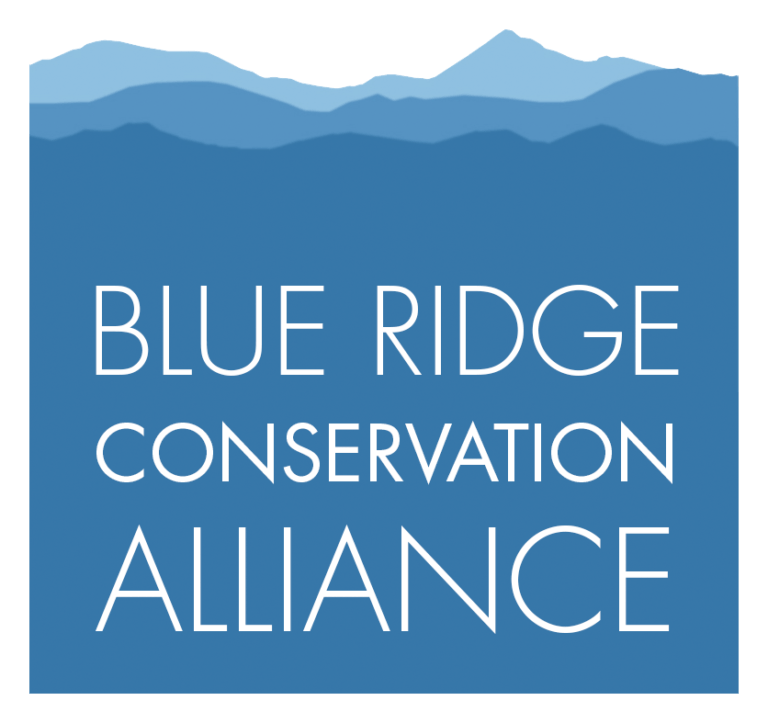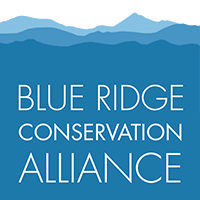Virginia General Assembly Update
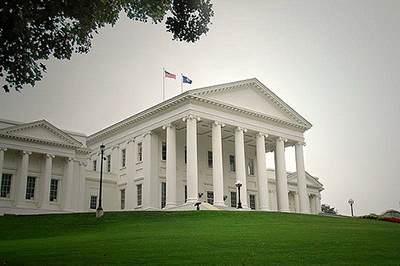 Virginia’s State Capitol Building. Photo by Faugg, Flickr. |
Dear Supporter,
We are a little over a week into the 2018 Virginia General Assembly Session and things are already heating up.
Over the next two months, legislators will debate the state’s two-year budget and countless pieces of legislation that will ultimately impact our local communities and quality of life.
Here are some of the things currently on our radar:
Conservation Funding and the Budget
Virginia’s conservation programs are critical to protecting the water we drink, preserving farms that grow our food and saving places for people to enjoy our natural resources. They are also essential to meeting the state’s commitments to clean up the Chesapeake Bay.
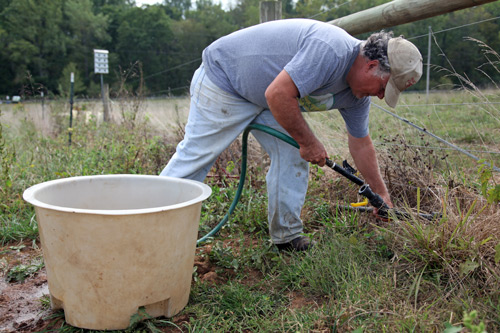 Ag BMPs like stream fencing and alternative watering systems are the most cost-effective means of reducing polluted runoff. Photo by Marco Sanchez. |
Agricultural Best Management Practices
The state’s cost share program for Ag BMPs includes funding for farmers to fence cattle out of streams, plant riparian buffers, use cover crops and reduce fertilizer use. They are vital to protecting the water we drink and also help ensure a sustainable agricultural industry in Virginia. Organizations like PEC as well as local governments can provide matching funds in coordination with local Soil and Water Conservation districts.
Estimated funding needs:
$80-$100 million per year.
Funding in introduced budget:
$22 million
Delegate Webert and Senator Hanger have already proposed budget amendments to increase funding and we’ll be working hard to get them adopted.
Stormwater Local Assistance Fund
This program helps localities address pollution runoff through projects like stream restoration, bio-retention areas, improvements to storm drains, and stream bank stabilization.
Estimated funding needs:
Minimum of $50 million
Funding in introduced budget:
$0
Patrons for budget amendments to increase funding: Senator Senator Hanger, Senator Bulova, and Delegate Landes.
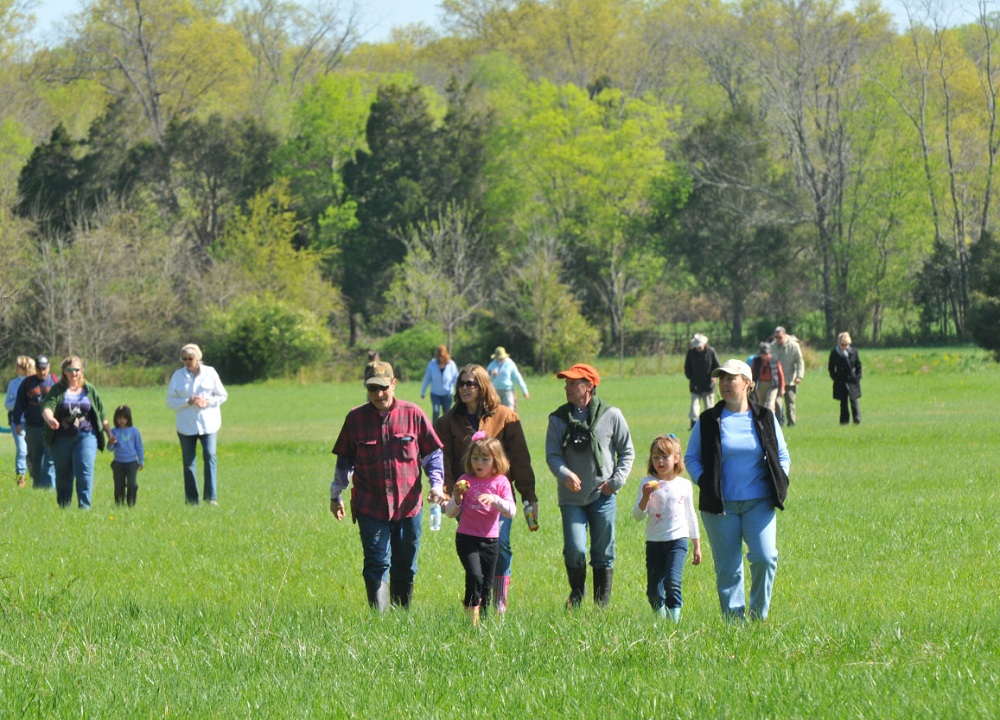 Virginia’s conservation grant programs help save special places that have shaped our history and provide us with healthy places to hike, ride, and camp. Photo by Matthew Hutchinson. |
Conservation Grant Programs
The most important funding mechanisms for preserving historic, cultural and natural resources come from these three grant programs – the Virginia Land Conservation Foundation, Farmland Preservation Fund and Battlefield Preservation Fund. PEC works with landowners and counties and provides matching funds under all these programs.
Estimated funding needs:
$20 million per year
Funding in introduced budget:
$5.75 million per year
At this time, budget amendments to increase funding for all three programs have been submitted. Delegate Knight & Senator Vogel submitted the amendment for the Battlefield Preservation Fund. Delegate Gooditis submitted the amendment for the Farmland Preservation Fund. Delegates Peace and Krizek and Senators Hanger and Howell submitted amendments for the Virginia Land Conservation Foundation.
Send a Letter of Support for Conservation >>
Let your state delegate and senator know you support fully funding the three conservation grant programs, agricultural BMP’s and the stormwater local assistance fund.
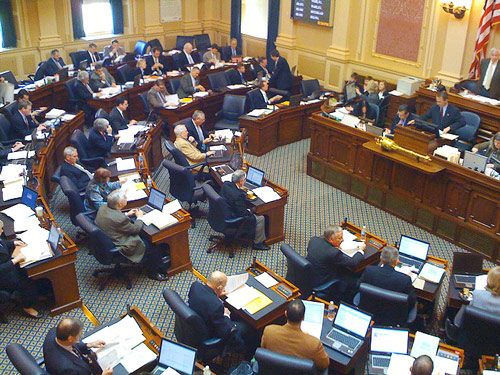 The floor of the General Assembly. Photo by Waldo Jaquith, Flickr. |
Some of the Legislation
PEC is also tracking and speaking out on legislation moving its way through the system.
SB499 Carrico – OPPOSE
Agriculture easements; validity; termination. This bill would allow for the termination of a conservation easement based on a claim of economic hardship by the owner of the property. In essence, this would severely damage the program and erode public confidence in the protections provided by conservation easements.
**Update: This bill has been carried over for the year i.e. effectively ending discussion about it for the 2018 session.
SJ32 Peake – OPPOSE
Study; Virginia Department of Transportation; feasibility of eastern bypass for U.S. Route 29 around Charlottesville; report. This requests the Virginia Department of Transportation to study the feasibility of an eastern bypass for Rt. 29 around Charlottesville. The Commonwealth needs to remain focused on finishing the funded solutions north of the city, instead of devoting more resources to yet another study of a flawed bypass concept — one that was rejected by the citizens of the region the last time it was proposed.
HJ111 Head and SJ69 Vogel – OPPOSE
Constitutional amendment (second resolution); powers of General Assembly; suspension or nullification of administrative rule or regulation. These constitutional amendments were passed during the 2017 session, but requires an affirming vote this session. The amendment would allow legislators to review proposed state agency regulations and then approve or deny them without input from the Governor’s office. This would upset the balance of power between the executive and legislative branches of government. The associated bills for placing the amendment on the ballot for November 2018 are HB1213 and SB826.
Proffer bills — Opportunity for Improvement?
Two years ago, legislation was passed that limited local governments ability to negotiate proffers. Developers offer proffers to help offset the costs of additional infrastructure and services (schools, police, fire and rescue, etc.). Since that time, both developers and local governments have struggled to find a way forward, and neither are happy with the end result.
It is our understanding that the General Assembly wants a comprehensive solution to the problem and will roll a number of bills into a study that would be carried out over the next year. If this holds true, we will be sure to update you as the direction and nature of any study becomes clear.
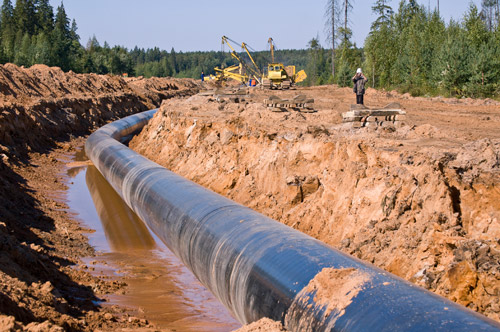 Natural gas pipeline. Photo courtesy of the National Parks Conservation Association. |
Gas Pipeline Bills
There are a number of good bills that address issues related to stormwater erosion and sedimentation, the right of natural gas companies to enter properties, the Department of Environmental Quality’s permitting process, and the State Corporation Commission’s current considerations about pipeline capacity and utility cost recovery.
SB646 McPike – SUPPORT
Electric utilities; fuel factor; gas pipeline capacity.
HB1188 Hurst – SUPPORT
Natural gas pipelines; contingency plan; operation; discharge; penalty.
HB1141 Rasoul – SUPPORT
Interstate natural gas pipeline; Virginia Water Protection Permit; regulations.
HB1294 Rasoul – SUPPORT
Interstate natural gas pipeline construction; water quality impact bond; statewide halt.
SB698 Deeds – SUPPORT
Erosion and sediment control; inspections; natural gas pipelines; stop work instructions; emergency.
SB699 Deeds – SUPPORT
Stormwater management; inspections; natural gas pipelines; stop work instructions; emergency.
SB324 Edwards and HB1187 Hurst– SUPPORT
Natural gas companies; right of entry upon property.
PEC coordinates with our partners at the Virginia Conservation Network (VCN), where I serve as co-chair of the legislative committee. Please visit their website for updates on legislation impacting the environment across the state — everything from clean energy and renewables, to menhaden and Metro funding.
As the General Assembly session moves forward, we will do our best to alert you to opportunities to engage or take action, but I encourage you to get in touch with your Delegate and Senator now. Let them know what issues are important to you.
And if you have questions on any of these bills, or other things you hear coming out of Richmond, please don’t hesitate to shoot me an email.
Sincerely,
Dan Holmes
Director of State Policy
The Piedmont Environmental Council
dholmes@pecva.org

The post Virginia General Assembly Update appeared first on Piedmont Environmental Council.
